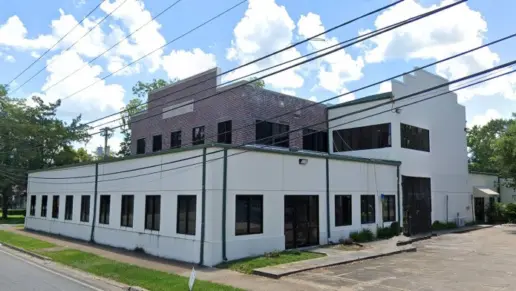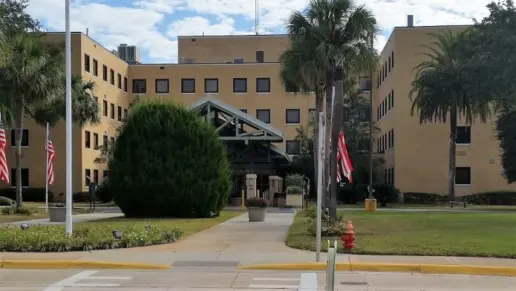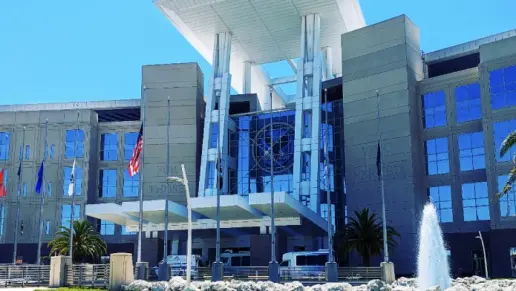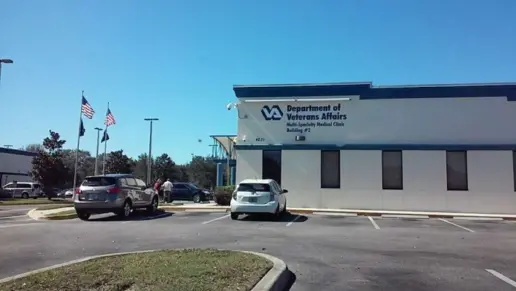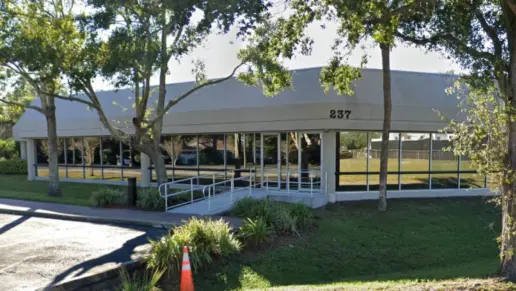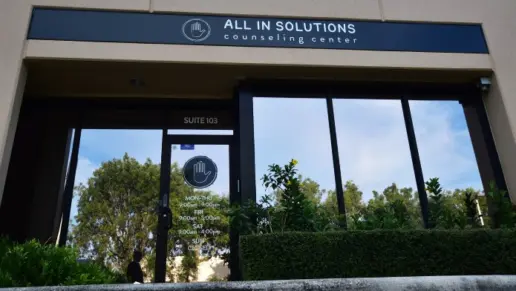About River Region Human Services
River Region Human Services (RRHS) offered substance use and mental health services in Jacksonville, Florida. They’re closed now but they took a whole person approach that included primary care, housing and HIV/AIDS services.
Residential and outpatient treatment was provided, as well as case management.
Medication Assisted Treatment (MAT) was offered using methadone, Suboxone, Subutex and Vivitrol to help reduce cravings and prevent relapse. Residential treatment included ongoing assessments and treatment adjustments in a structured setting that helped you focus on your recovery.
DUI and Incarceration Programs
If you’d lost your driver’s license after being charged with DUI, their Next Step DUI program offered outpatient drug and alcohol treatment to help meet court requirements and work toward getting your license back. MATRIX House provided treatment for people serving time for non-violent drug related offenses and helped lower the risk of reoffending.
Supportive and Transitional Housing
Andy’s Place was a supportive housing program here for folks experiencing homelessness due to substance use, incarceration, mental illness or HIV/AIDS. They’d help you out with life skills training, as well as employment, education and long term housing so you could rebuild stability and move forward.
Free Residential Services
Eligible individuals could access their free residential services so no one had to go without care. They accepted Medicare, Medicaid and many private insurance plans. If you didn’t have an accepted insurance plan or were uninsured, income-based services were available. River Region was accredited by CARF, and received funding from federal, state and government agencies.
RRHS provided specialized care for LGBTQ clients, veterans and active duty military, pregnant and postpartum women, as well as those referred by the court. HIV/AIDS services included testing, counseling and risk reduction. Counseling was also offered for children and adolescents aged ten to 17.
Client Feedback
Clients expressed gratitude for their effectiveness in addressing addiction issues, and were appreciative of the support they received. One client said, “My counselor was attentive, supportive, understanding and caring. I was given an opportunity to improve my life with help.” Other clients felt the facility was short staffed and didn’t respond to phone calls quickly.
Latest Reviews
Rehab Score
Other Forms of Payment
Private insurance refers to any kind of healthcare coverage that isn't from the state or federal government. This includes individual and family plans offered by an employer or purchased from the Insurance Marketplace. Every plan will have different requirements and out of pocket costs so be sure to get the full details before you start treatment.
Self-pay involves paying for treatment out of your own pocket. You can use savings or credit, get a personal loan, or receive help from family and friends to fund your treatment. If you don't have insurance or your insurance plan doesn't cover a specific program, self-pay can help ensure you still get the care you need.
Financial aid can take many forms. Centers may have grants or scholarships available to clients who meet eligibility requirements. Programs that receive SAMHSA grants may have financial aid available for those who need treatment as well. Grants and scholarships can help you pai for treatment without having to repay.
Medicaid is a state based program that helps lower-income individuals and families pay for healthcare. Medicaid covers addiction treatment so those enrolled can use their coverage to pay for rehab. When a program accepts Medicaid the client often pays very little or nothing out of their own pocket.
Sliding scale payments are based on a client's income and family size. The goal is to make treatment affordable to everyone. By taking these factors into account, addiction recovery care providers help ensure that your treatment does not become a financial burden to you or your family, eliminating one barrier to care.
Addiction Treatments
Levels of Care
 Outpatient
Outpatient
 Aftercare Support
Aftercare Support
 Intervention Services
Intervention Services
Treatments
The goal of treatment for alcoholism is abstinence. Those with poor social support, poor motivation, or psychiatric disorders tend to relapse within a few years of treatment. For these people, success is measured by longer periods of abstinence, reduced use of alcohol, better health, and improved social functioning. Recovery and Maintenance are usually based on 12 step programs and AA meetings.
Drug rehab in Florida provides quality treatment to help individuals overcome dependency related to a wide range of addictive substances. Programs address both the physical and mental aspects of addiction in order to help you make a full recovery.
Many of those suffering from addiction also suffer from mental or emotional illnesses like schizophrenia, bipolar disorder, depression, or anxiety disorders. Rehab and other substance abuse facilities treating those with a dual diagnosis or co-occurring disorder administer psychiatric treatment to address the person's mental health issue in addition to drug and alcohol rehabilitation.
Opioid rehabs specialize in supporting those recovering from opioid addiction. They treat those suffering from addiction to illegal opioids like heroin, as well as prescription drugs like oxycodone. These centers typically combine both physical as well as mental and emotional support to help stop addiction. Physical support often includes medical detox and subsequent medical support (including medication), and mental support includes in-depth therapy to address the underlying causes of addiction.
Substance rehabs focus on helping individuals recover from substance abuse, including alcohol and drug addiction (both illegal and prescription drugs). They often include the opportunity to engage in both individual as well as group therapy.
Programs

Adult Program

Young Adult Program
Clinical Services
Group therapy is any therapeutic work that happens in a group (not one-on-one). There are a number of different group therapy modalities, including support groups, experiential therapy, psycho-education, and more. Group therapy involves treatment as well as processing interaction between group members.
Individual therapy often includes Cognitive Behavioral Therapy. This is a structured approach to identifying and changing negative thought patterns. During therapy you learn how what you think drives your actions so you can develop healthier coping strategies to manage addiction triggers and reduce drug use.
Amenities
-
Residential Setting
-
Private Rooms
-
Walking Trails
-
Gardens
